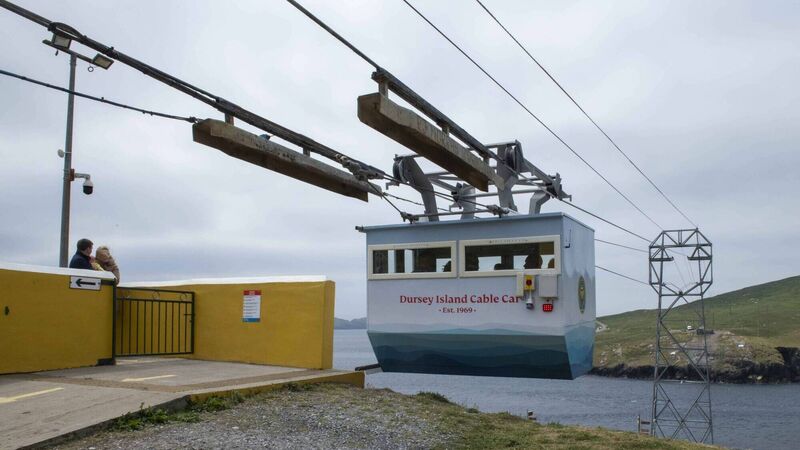New policy for the future of Ireland's islands

Although islands support a relatively small proportion of the population, they make an important contribution to the national economy, culture, and heritage. Picture: Brian Lougheed
THE re-opening of Ireland’s only cable car service, which crosses open seawater at Dursey Island in west Cork, was timed to perfection by Cork County Council.
It took place a day after Rural and Community Development Minister Heather Humphreys launched the Government’s long-awaited 10-year national policy for the 30 islands off the coast.











